July is when Stu (Winstonsdad’s Blog) and Richard (Caravana de recuerdos) have traditionally hosted Spanish Literature Month. I like to join in, because I’ve always found some excellent books that way. Well, now the event has expanded to cover Portuguese as well as Spanish lit, and it goes into August as well. So, welcome to Spanish and Portuguese Literature Months! I have quite a few books lined up for this season, starting today…
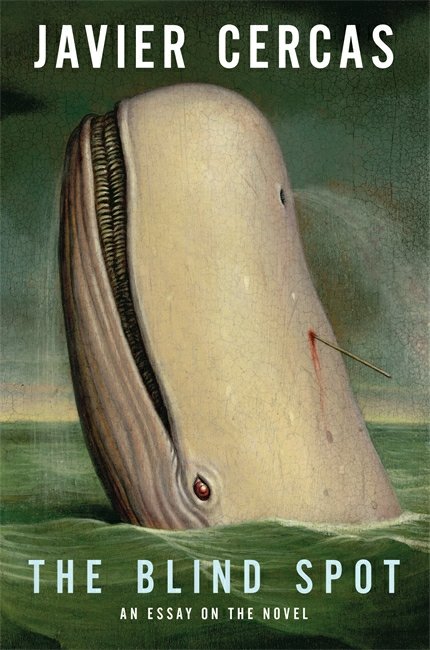
Whenever I find myself in a reading slump, the way out is often to try something that breaks the pattern of what I’d been reading previously. My way out of a recent reading slump was some non-fiction. The Blind Spot is an “essay on the novel” by Spanish writer Javier Cercas (whose The Impostor was longlisted for this year’s Man Booker International Prize). Cercas explores his approach to his own work, and identifies a tradition of novels with similar characteristics, before going on to consider issues such as the writer’s role in public life.
The novels that most interest Cercas have what he calls a “blind spot” at their centre: a point of ambiguity or contradiction which animates the whole work:
at the beginning of [novels with such a blind spot], or at their heart, there is a question, and the whole novel consists of the search for an answer to this central question; when the search is finished, however, the answer is that there is no answer, that is, the answer is in the search itself, the question itself, the book itself.
(translation by Anne McLean)
Cercas’ key example of a “blind-spot novel” is Don Quixote which, he says, asks whether Quixote is mad, then demonstrates that he is both mad and sane – and, in Cercas’ view, Don Quixote ultimately shows all truth to be as ambiguous. Another example given by Cercas is Moby-Dick, in which the white whale is (irreconcilably) the embodiment of both good and evil.
I found this a fascinating idea to think about, and felt I could apply it to many of the novels that have stood out to me during the lifetime of this blog. For example, The Rehearsal asks unresolvable questions about what happened in a student-teacher scandal, and more widely about the nature of reality and performance. Human Acts asks whether and how the reality of an event such as the Gwangju Uprising can be processed. Nocilla Dream asks what kind of structure there can be in a de-centred, globalised world. In all three cases, the novel itself embodies an answer in the way that Cercas describes.
On the downside, I can’t help being disappointed that all of the novels discussed in The Blind Spot are by male writers, which feels like closing off whole realms of discussion. Still, as a book to think with, Cercas’ essay is nothing short of invigorating. I’ll leave you with a couple of quotations that I (mentally) underlined:
The best literature is not what sounds literary, but what doesn’t sound like literature; that is: what sounds true. All genuine literature is anti-literature.
***
The novel needs to be new in order to say new things; it needs to change to change us: to make us what we’ve never been.
You can read further reviews of The Blind Spot by Stu at Winstonsdad’s Blog, and James Doyle at Bookmunch.
Book details
The Blind Spot (2016) by Javier Cercas, tr. Anne McLean (2018), MacLehose Press, 176 pages, hardback (source: review copy).
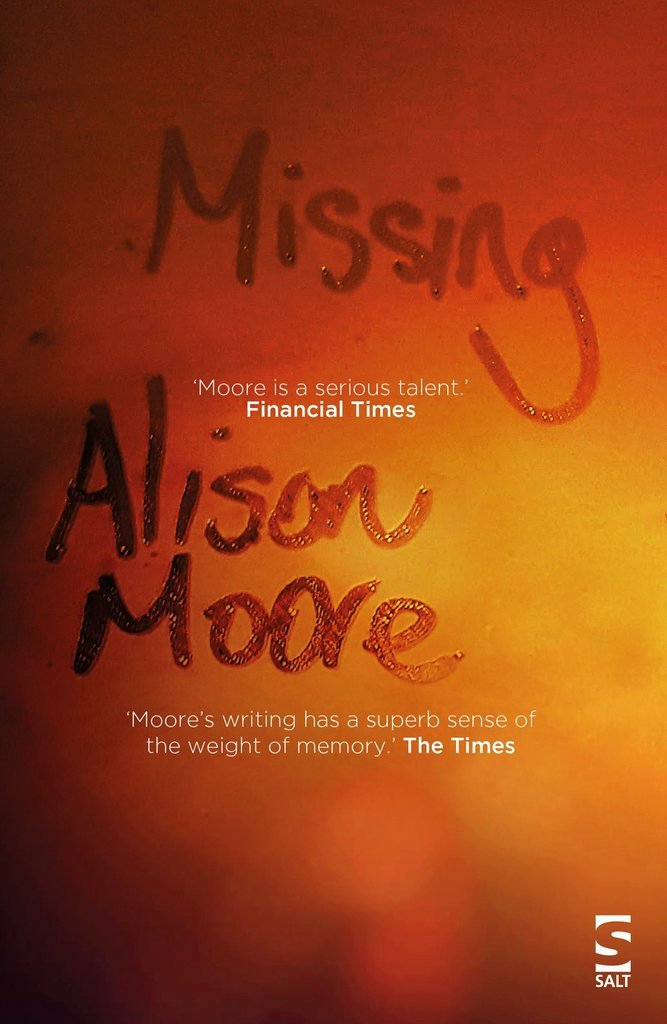
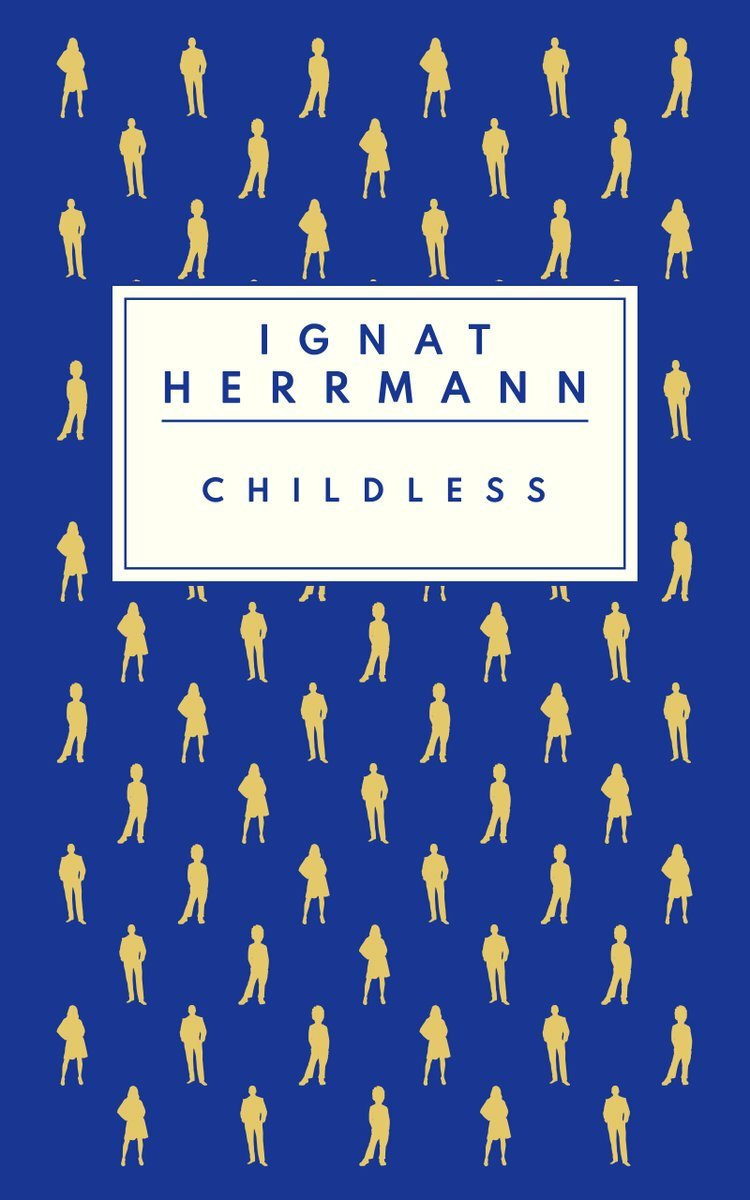
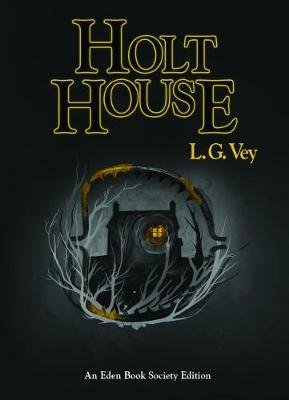
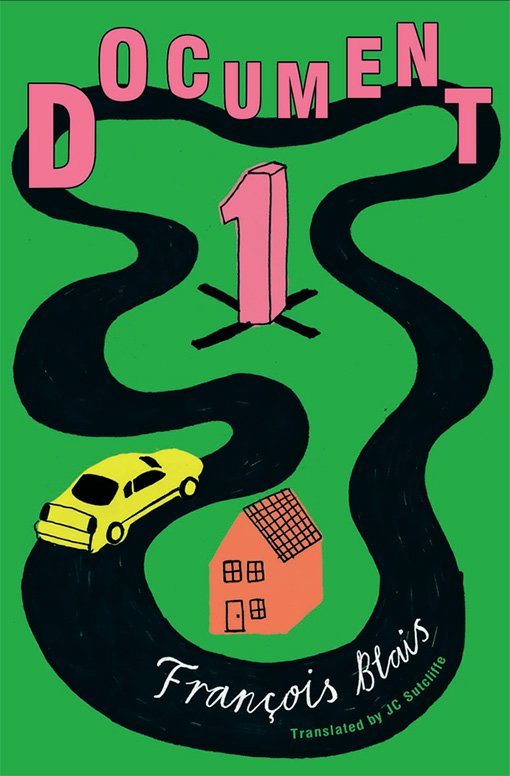



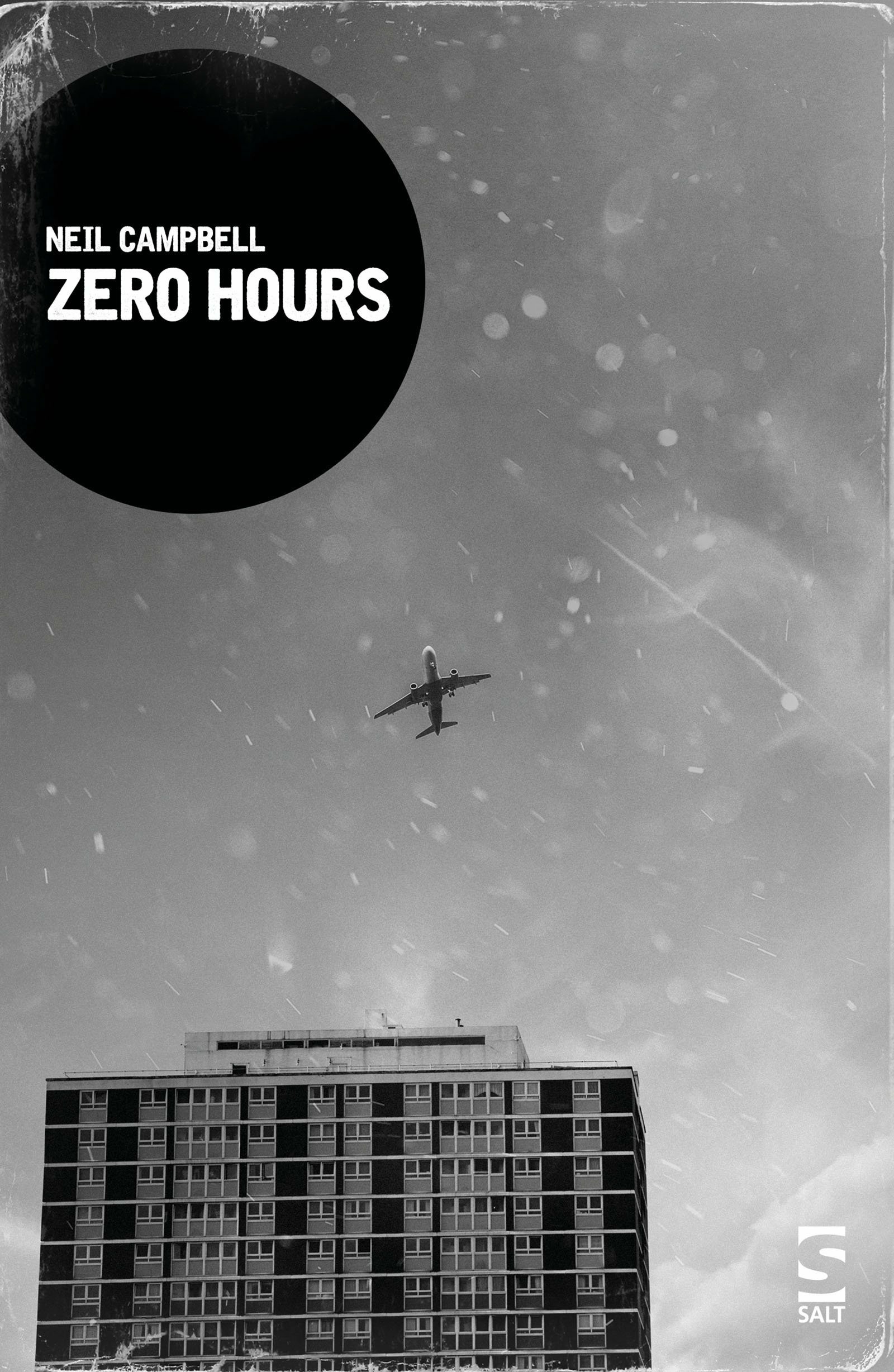
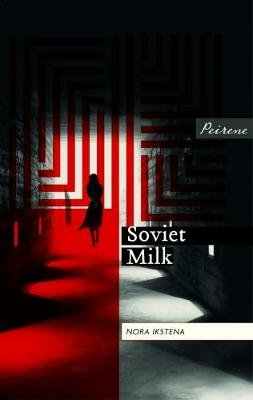
Recent Comments